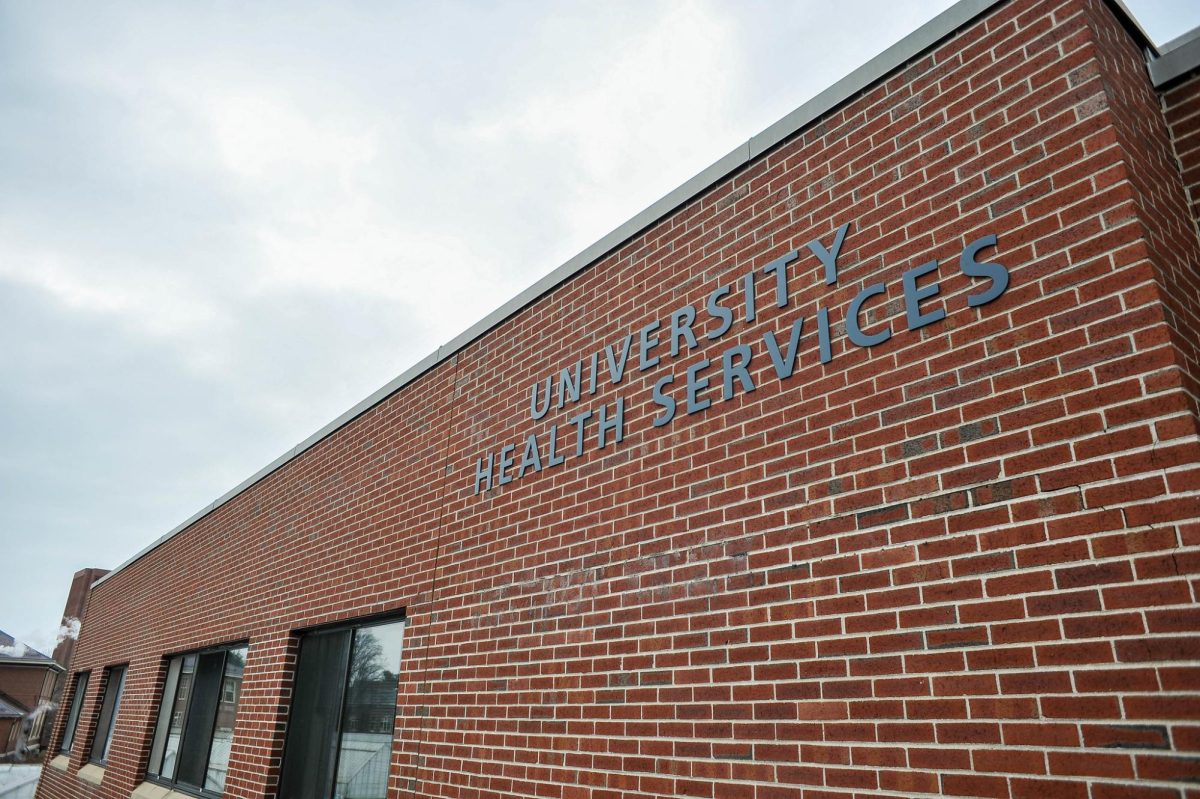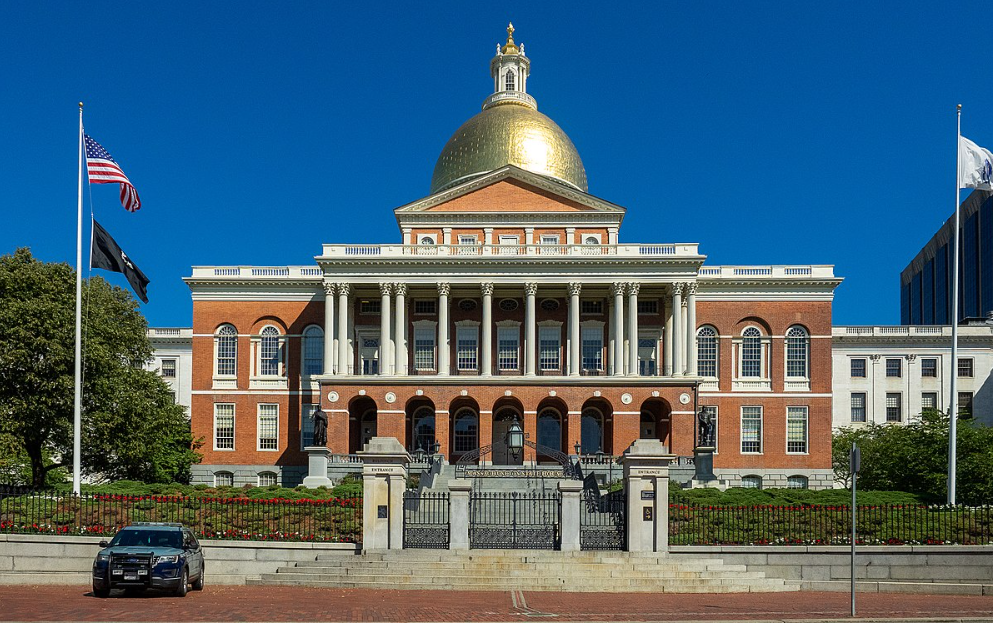For many years it has become increasingly obvious to many observers that despite the tens of millions of dollars being spent on education in this country, we are suffering from the very serious affliction of scientific illiteracy. This doesn’t mean that people are any less curious about science; it means that many of us lack access to high-quality scientific information and most importantly, it means that we are not being taught to think scientifically.
Scientific thinking is, at its roots, empirical. That means that the question of whether or not something is factual can only be settled through a controlled experiment. A fact can be derived from principles, but it can only be proven through experiment. The prevalence of belief in the claims of “crystal power,” “pyramid power,” “Reiki,” “qi,” “2012 Maya doomsday prophecy,” “young earth creationism” and similar alleged facts only demonstrate the need for good scientific education.
In a world where the developments in ecology and climatology, to say nothing of physics and computer science, are every day becoming more and more relevant, a good scientific education is necessary to remain involved and informed. A world in which science must play a key role in political policy must have people who understand it or be dominated by an elite class.
But just as important as scientific literacy – in fact, perhaps more so because we are already being affected by our general lack of it – is economic literacy.
Take, as an example, the nightly news. Every year, around Thanksgiving you start to see an almost constant stream of news stories about projected holiday spending. Stories about the weather get spun into massive sagas about how snow storms and heating prices will affect holiday spending. Manicured and immaculately groomed TV reporters dressed in black pea coats in front of the New York Stock Exchange will read off a list of numbers representing trends in consumer holiday spending, with the implication that if we don’t spend every penny we earn in October, November and December on Christmas presents, the national economy will collapse and we’ll all lose our jobs.
It is, of course, a load of bull and one of the best examples of economic illiteracy. Consumer spending just isn’t that important to the economy, it’s just that the most common statistics overstate its importance and understate the contribution of capital goods spending and investment – purchases of raw materials, use of natural resources, production and things like that. At its most basic, a factory that makes steel I-beams that can be used in a bunch of different things is always going to contribute more to society than any amount of Barbies or G.I. Joes bought at Toys’R’Us for Christmas ever will.
The classic example, however, has got to be the broken window fallacy. It will be invoked after virtually every natural disaster. A government official or media person will talk about how all the destruction is horrible right before saying something like “But now there will be a more robust economy because the rebuilding will bring jobs and spending to the region.”
No, no. Just no. Yes, there will be more construction jobs in the wake of a hurricane or earthquake – but what about the jobs lost because of the destruction of the workplace? What about the economic activity that would have occurred had the firm not lost its building or the workers their homes? They could have been saving for their children’s college education, but now they have to use that money to recover to a previous standard of living instead of increasing the one they have. If large scale destruction of building and infrastructure is good for the economy, why spend billions on a stimulus package when George W. Bush and Barack Obama could have ordered American cities to be leveled for the economy, costing us only a few million?
These fallacies are perpetuated in the face of common sense and empirical facts. Constant encouragement to spend contributed mightily to the current recession and the propagation of the broken window fallacy can hinder sound policy decisions, costing society even more wealth than just the destruction alone. It is as like what happened with the myth that the Large Hadron Collider could destroy the world, being repeated so often that it became conventional wisdom.
Another important facet of economic literacy comes out in relation to scientific literacy. Only a few people believe that global climate change is a hoax – even when the exaggerations of the Climategate scandal are taken into account, the evidence is overwhelmingly in favor of climate change – and so, ecological knowledge will have to be taken into account in the future. But that knowledge must be connected to sound economic knowledge in order us to make sensible decisions.
One fundamental tenet of economics is the law of scarcity. It’s exactly what it sounds like, encapsulating the idea that the amount of anything – steel I-beams, plywood, Barbies and iPads is finite and so we must always figure out a way to use less of some resource for more products. For instance, a model of car once made with two tons of steel and now made with one ton frees up that much extra steel for more cars. The amount of steel involved doesn’t change, but the amount of cars do.
As we go forward in the 21st century, with its challenges of climate change and the declining amount of oil available for extraction, it is more important than ever for us to understand the science behind these changes. It is equally important to understand the economic changes that will be associated with them.
Matthew M. Robare is a Collegian columnist. He can be reached at [email protected].






